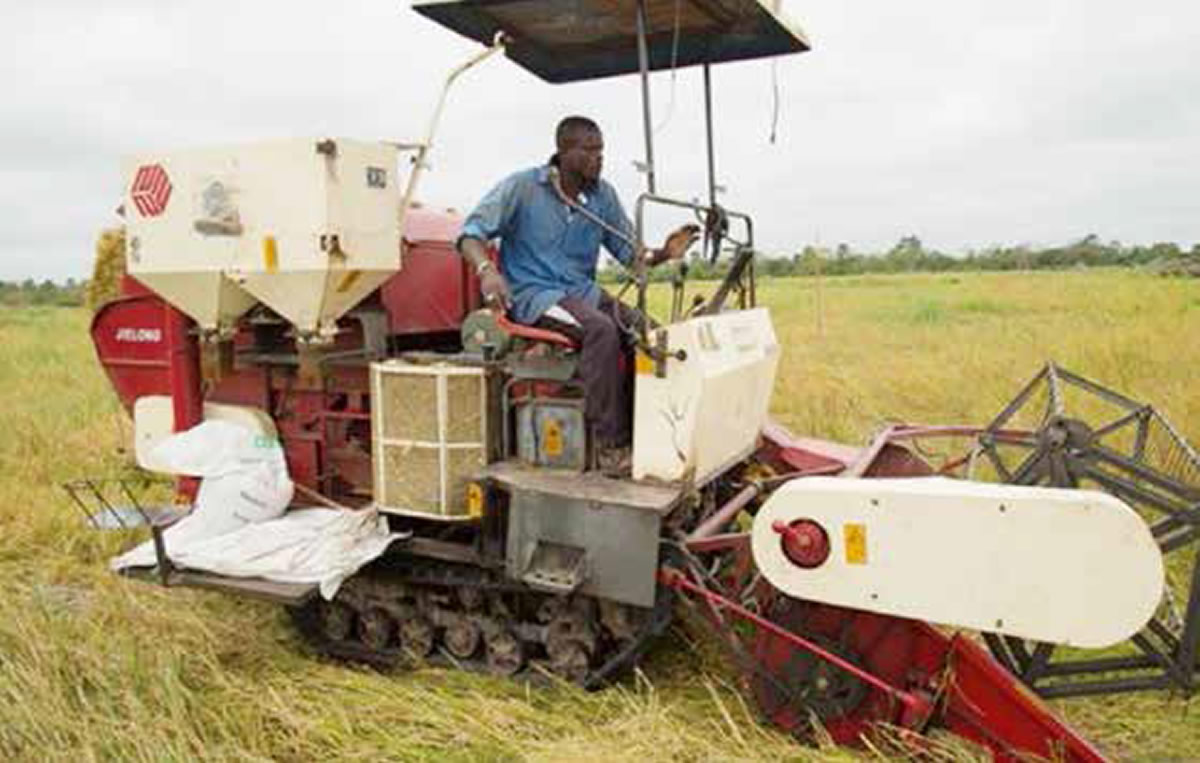Augustin Oussou, a small-scale farmer, based in TieplÃĐ close to BouakÃĐ in Central Cote dâIvoire is now a happy man. Since his involvement in poultry farming, he has seen a considerable increase in his income. With this, he not only covers the needs of his family but can also save for future contingencies.
Thanks to this income, I was able to pay the dowry of my fiancÃĐe. I am also able to cover the school fees of my children who attend a private school, even though my village has public schools, he explained.
Augustin is one of 800,000 Ivorian farmers that has benefited from the WAAPP, financed by the World Bank. This program aims to improve agricultural productivity through the development and use of certified seeds and the adoption of best practices for livestock farming such as the construction of hen houses (using local material) or the vaccination of poultry.
Raising livestock is a promising sector for youth seeking employment. Thirty percent of WAAPP beneficiaries practicing poultry farming are youths. Augustin Oussou is convinced that this sector is a lucrative business and has even taken steps to negotiate with his village authorities about how to provide training for more young people who wish to invest in this activity.
Oussou is just one of many beneficiaries of the program. Others, such as Albert Kangah, is exploring a different avenue. He produces plantains and runs a nursery in AzaguiÃĐ, a village approximately 40 kilometers from Abidjan, the economic capital of Cote dâIvoire. âI can produce plantains in the offseason thanks to WAAPP support.Âŧ
ÂŦIn the beginning, I was worried about demand. But thanks to a large media campaign, there is a large demand now. Sometimes, the demand is higher than what we supply.â
With the increase in revenues, he was able to purchase a 3 500 000 FCFA (USD 7,000) worth car that now allows him to deliver quicker. Kanga delivers an average of 1.5 tons of plantains per week in the offseason. He has also hired 14 full-time workers.
While these results are impressive, according to Jean-Paul Lorng, the WAAPP Deputy coordinator, the scaling up of the distribution of certified seeds for crops such as cassava, plantains, and of poultry incubators is necessary to diversify revenue sources for Ivorian farmers.
Akissi Nâda Kouame, a farmer from Bedressou, a village in central Cote dâIvoire, has several agricultural activities. She produces cassava and cassava seedlings, as well as processed cassava. âI started with one or two hectares of cassava, and now I have achieved my dream of becoming a cassava processor. Ms. Kouame now grows cassava on more than 30 hectares of land.
 English
English
 Français
Français 
